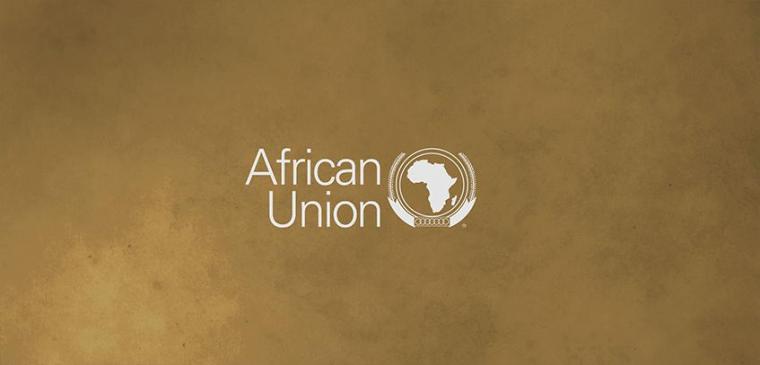Topic Resources
January 03, 2017
December 25, 2016
December 06, 2016
February 10, 2022
Agenda 2063 is Africa’s development blueprint to achieve inclusive and sustainable socio-economic development over a 50-year period.
December 24, 2025
39th AU summit Media Accreditation Platform
December 17, 2025
October 22, 2026


